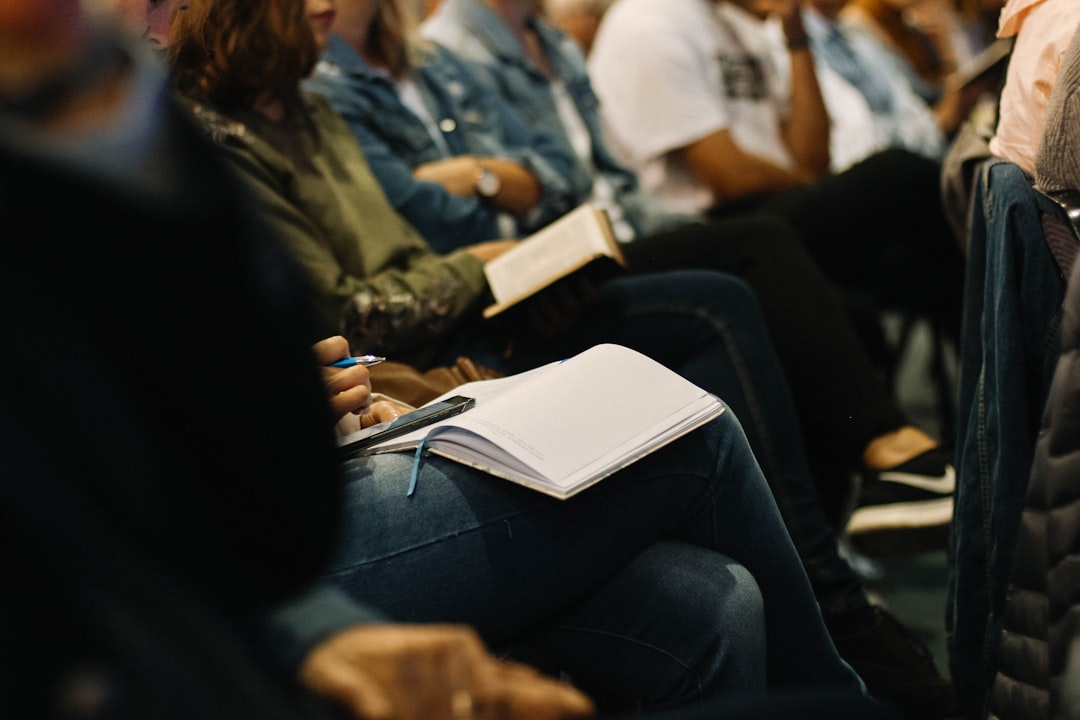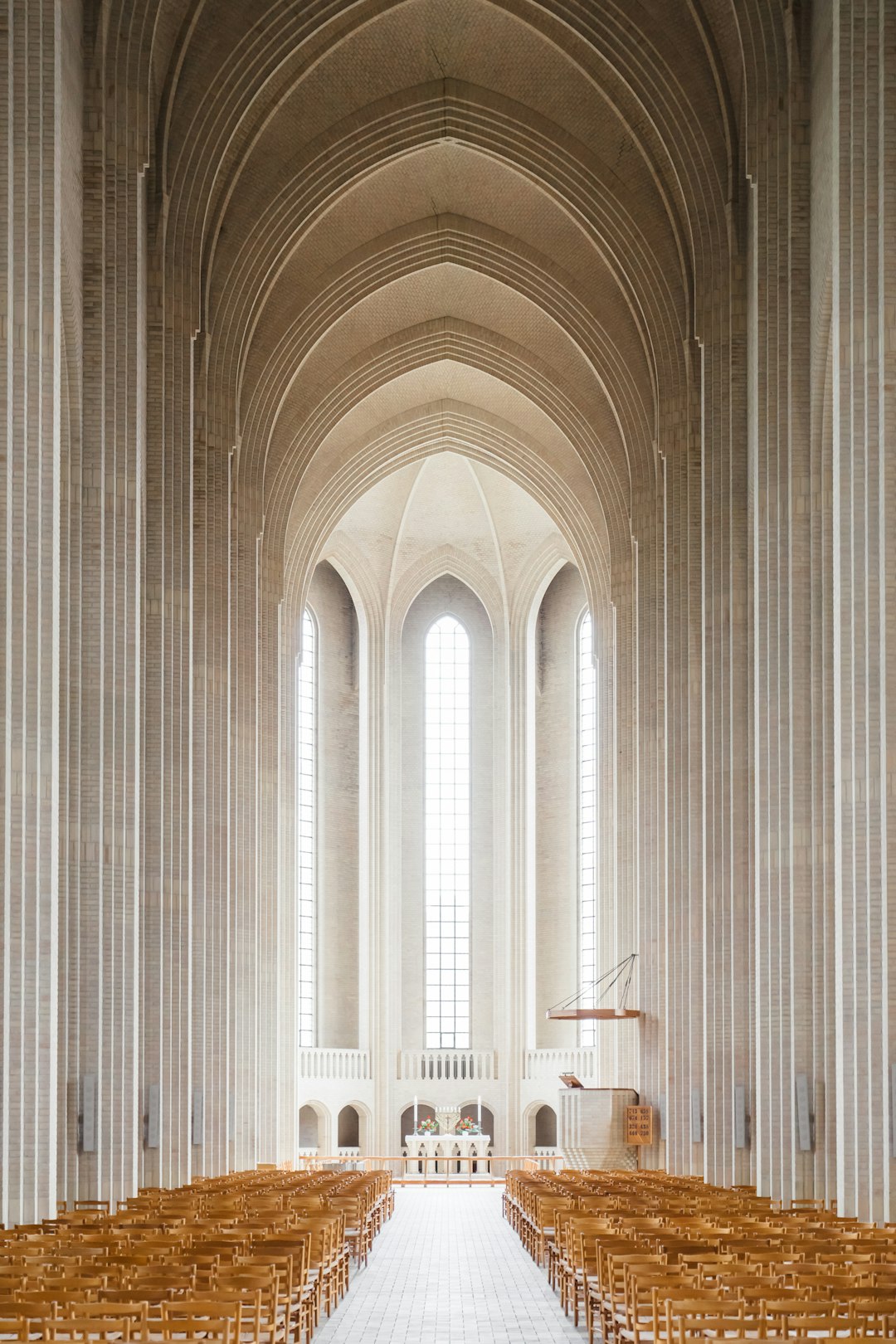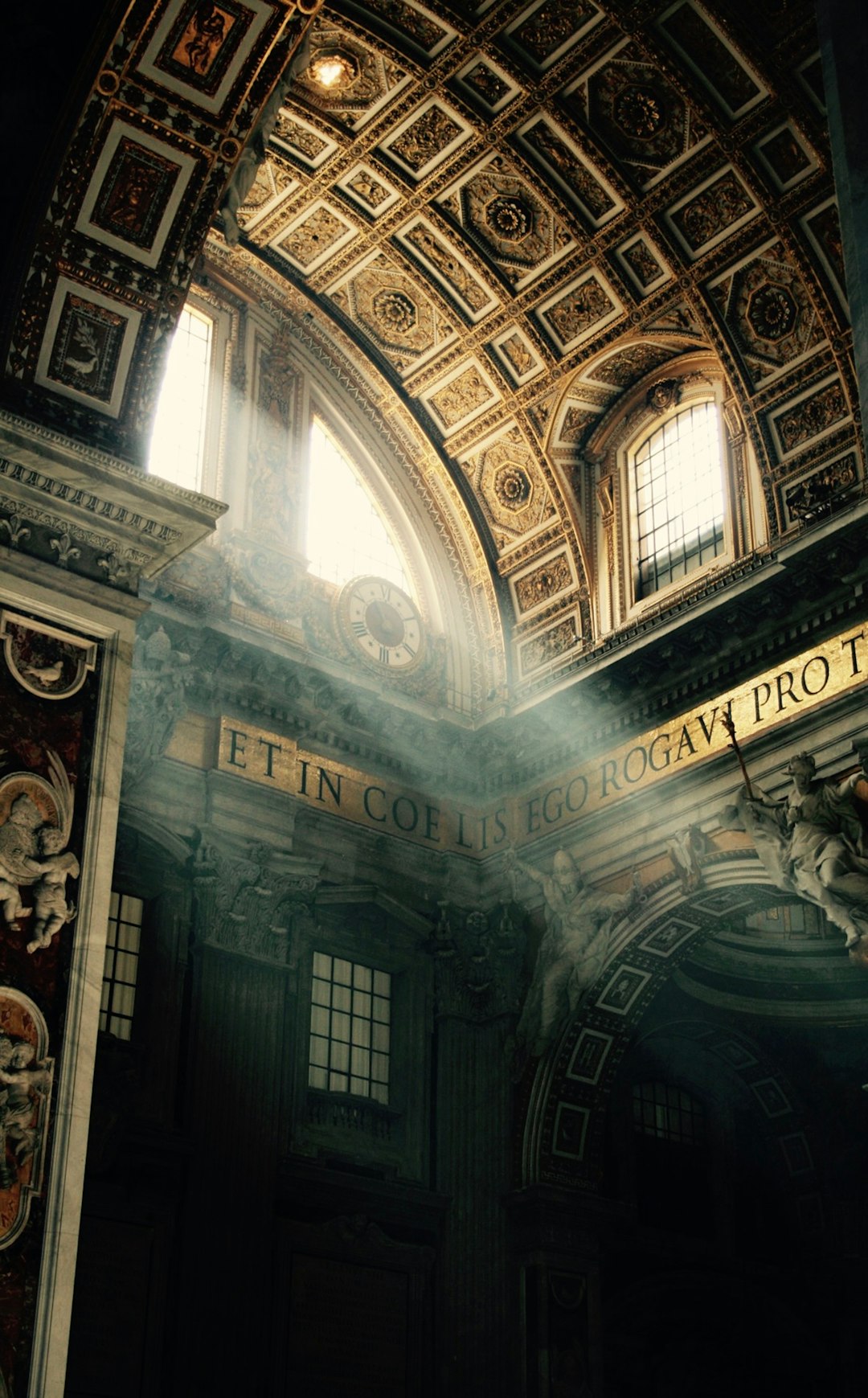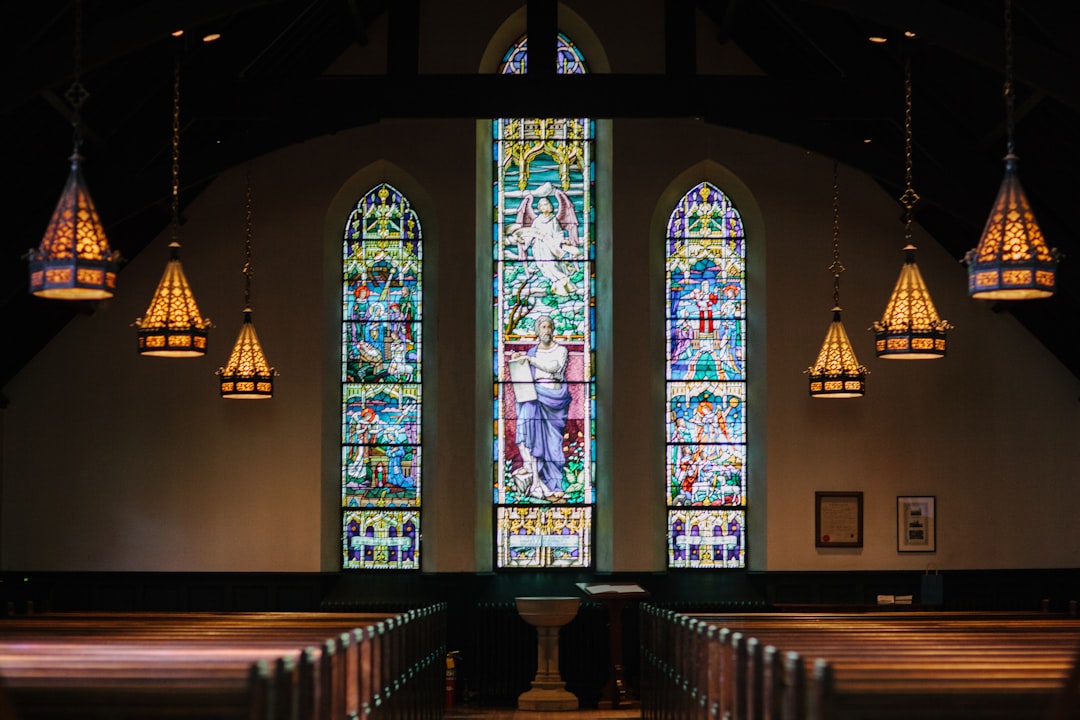In Rochester, NY, clergy abuse lawsuits highlight failures to protect vulnerable individuals within religious communities. Specialized clergy abuse attorneys help victims seek justice by navigating complex legal matters, ensuring proper documentation, collecting evidence, and adhering to specific procedures. Choosing an expert attorney with specialized knowledge, empathy, and a successful record is crucial for achieving accountability and closure while addressing the unique challenges of these sensitive cases. These attorneys guide clients through complex systems, securing just outcomes and empowering survivors to heal.
“In Rochester, New York, seeking justice and healing after experiencing clerical abuse can be a challenging journey. This article guides you through the complex landscape of clergy abuse lawsuits, offering insights into understanding your legal rights and options. We explore the significance of choosing the right clergy abuse attorney in Rochester, NY, who can navigate the intricate legal process. By delving into these topics, we aim to empower survivors and ensure they receive the support needed to pursue justice.”
Understanding Clergy Abuse Lawsuits in Rochester, NY
In Rochester, NY, clergy abuse lawsuits have become a significant legal concern, reflecting a nationwide issue of institutional failure to protect vulnerable individuals within religious communities. These cases involve allegations of sexual misconduct, emotional abuse, and negligence by religious leaders, including priests, pastors, and other spiritual figures. Understanding the nuances of these complex legal matters is essential for both victims seeking justice and the community at large.
Clergy abuse attorneys in Rochester specialize in navigating the unique challenges posed by such lawsuits. They help victims assert their rights, often dealing with sensitive issues related to religious institutions and their hierarchy. These legal professionals guide clients through the process, ensuring proper documentation, evidence collection, and adherence to specific legal procedures. With their expertise, they aim to secure justice, accountability, and closure for those who have suffered at the hands of clergy members.
Choosing the Right Clergy Abuse Attorney
When seeking legal representation for clergy abuse in Rochester, NY, it’s crucial to choose an attorney who specializes in this area and has a proven track record. Not all lawyers are equipped to handle sensitive cases like these, which often involve complex legal and emotional issues. Look for a clergy abuse attorney with extensive experience navigating the unique challenges of such cases, including understanding church laws and policies.
The ideal lawyer will be empathetic, discreet, and committed to advocating for justice and healing for their clients. They should offer personalized guidance tailored to your specific circumstances while ensuring they are up-to-date on relevant legal precedents and changes in the law. Experience in successfully representing clients against religious institutions can be a strong indicator of competence and dedication in these cases.
Navigating Legal Process for Justice and Healing
Navigating the legal process can be a challenging and daunting task, especially for survivors of clergy abuse seeking justice and healing. In Rochester, NY, individuals affected by such trauma require dedicated legal representation to ensure their rights are protected. A skilled clergy abuse attorney in Rochester will guide clients through the complex legal system, helping them understand their options and fight for the resolution they deserve.
This process involves careful documentation of evidence, including any relevant records or testimonies that can support the case. The attorney will advocate for their client’s interests, aiming to secure a just outcome that provides closure and aids in the healing journey. Through robust legal action, survivors can take steps towards justice, holding accountable those who have caused them harm and creating awareness of the importance of safe and ethical leadership within religious communities.





